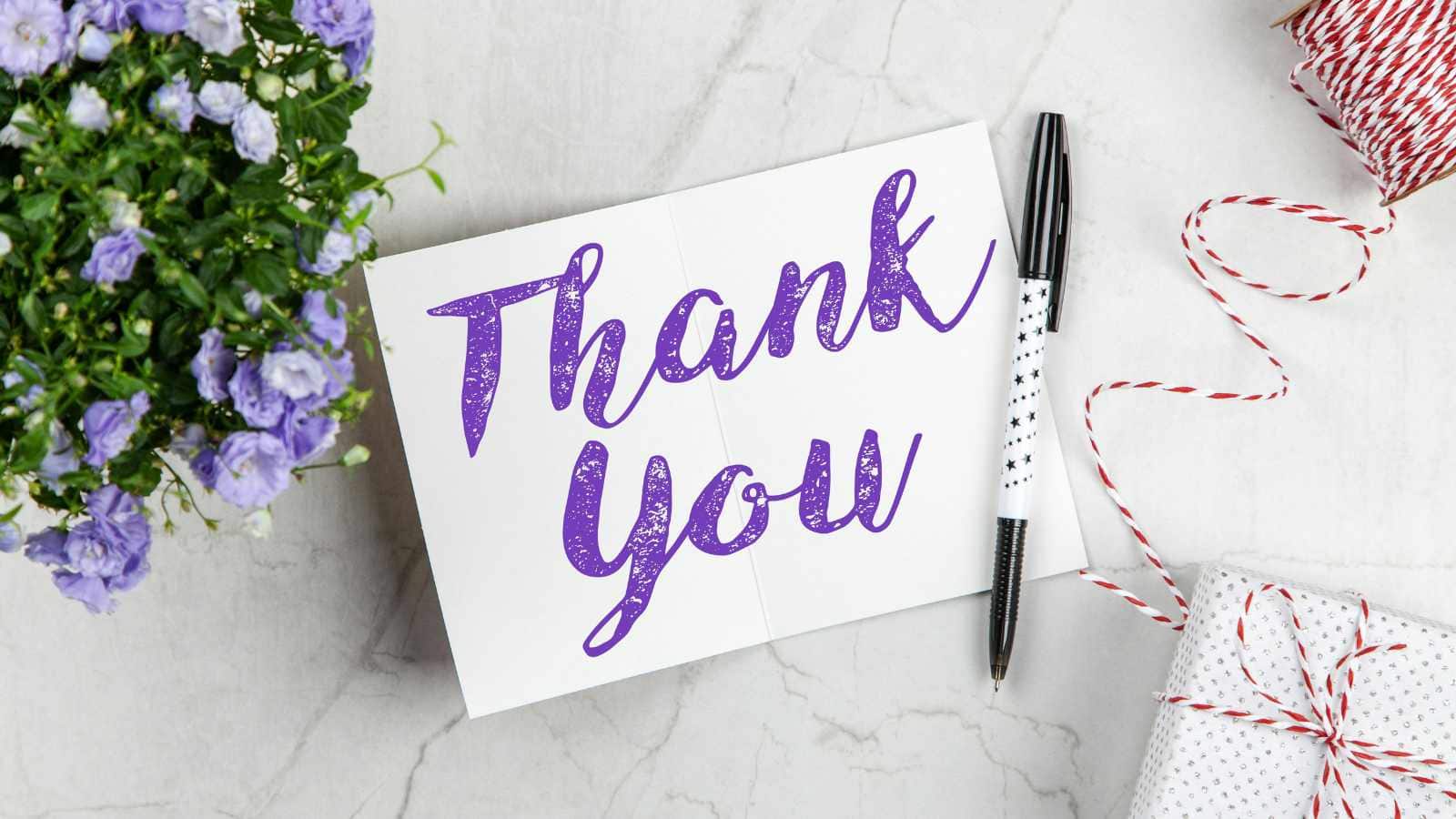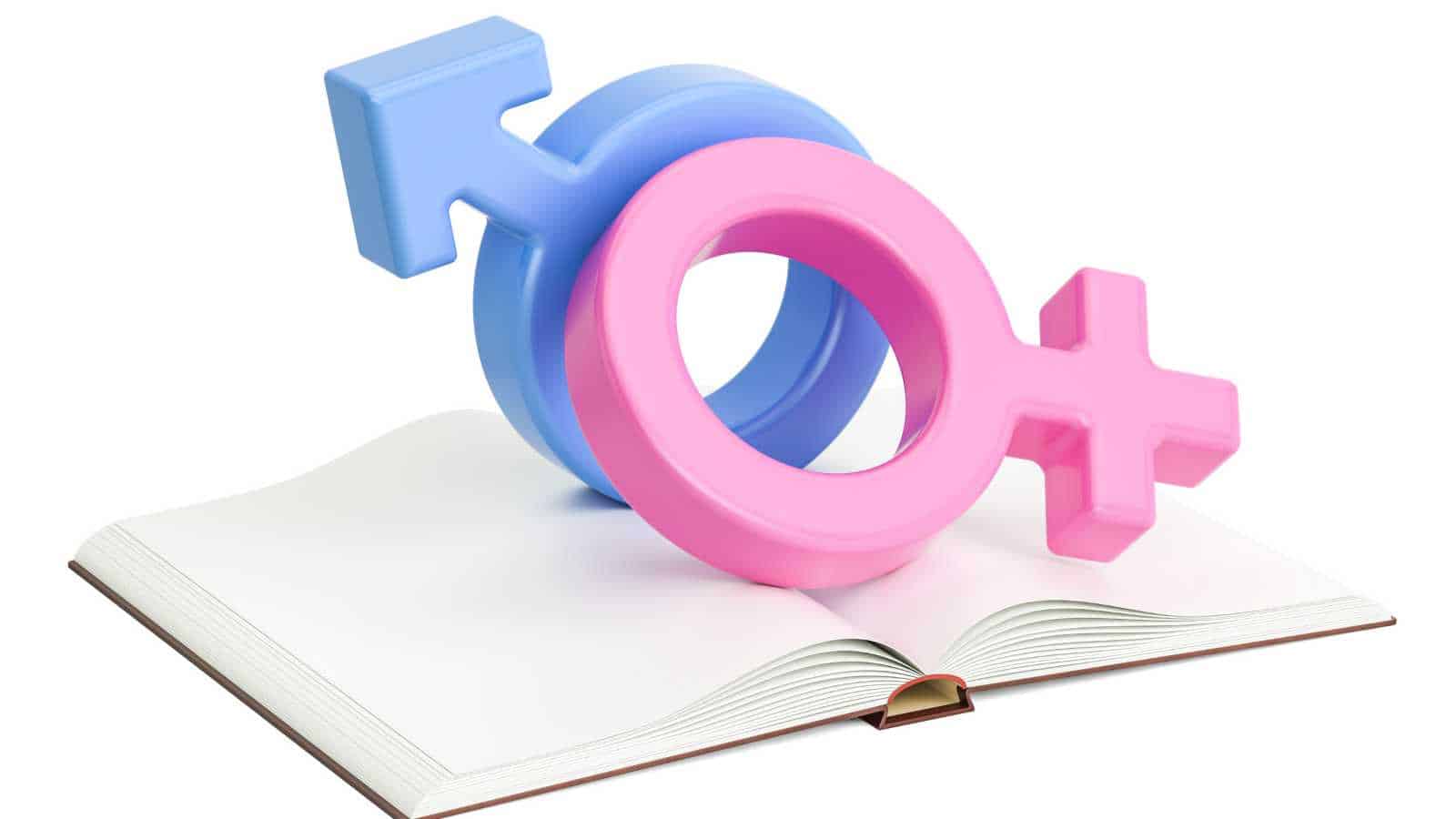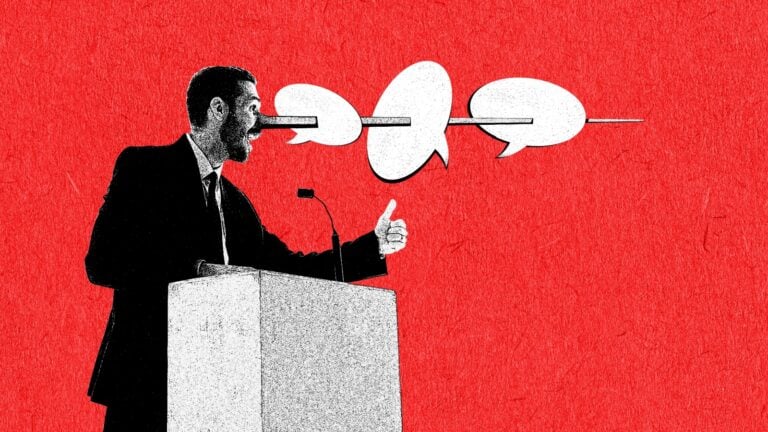12 outdated manners that experts recommend leaving behind
In today’s society, social norms around manners and behavior are evolving rapidly.
Data from Pew Research shows that 43% of adults believe society isn’t accepting enough of men taking on roles typically associated with women. In comparison, 44% say the same when women take on roles traditionally associated with men. These figures reflect a significant cultural shift toward greater equality and flexibility in roles, an attitude that’s now permeating our everyday manners.
Manners reflect the values of their time, and many old-fashioned social rules no longer align with the emphasis we place on inclusivity, authenticity, and mutual respect. Here are 12 outdated manners that experts recommend leaving behind, along with more modern alternatives that better align with today’s values.
Women Must Remain Seated for Handshakes and Introductions

In the past, there was a long-standing rule that women should remain seated during handshakes and introductions, rooted in old-fashioned gender norms. This was based on an outdated notion that women were fragile or needed to be treated differently. Today, etiquette experts have rejected this practice.
The change reflects our commitment to equality. In professional settings, everyone should stand to greet others, regardless of gender. This simple shift acknowledges the equal status of all individuals in the workplace.
Men Must Pay for All Dates

For decades, the expectation was that men should pay for the entire date, a practice rooted in traditional gender roles. However, according to Investopedia, only 36% of Gen Z believe a man should pay for dates.
This shift reflects modern expectations of equality in dating, where both parties are encouraged to discuss financial boundaries and share the cost if they choose. The growing trend favors mutual respect and transparency, signaling a move away from outdated norms.
Never Wear White After Labor Day

The once-popular rule that you should never wear white after Labor Day is officially a thing of the past. Originally, this rule concerned class distinction: White was considered a “summer” color, worn during vacations, and Labor Day marked the end of that season. But fashion experts agree this rule no longer applies.
Modern designers like Ralph Lauren and Calvin Klein have used white in fall and winter collections for years, proving that personal style has become more important than outdated seasonal norms.
Wait for Everyone to Be Served Before Eating

There was once an expectation that everyone should wait until all plates were served before beginning to eat. While this remains the custom in many formal settings, a 2025 study published on ScienceDirect confirms that the norm of waiting until everyone is served is widespread globally, and that people often experience psychological discomfort surrounding it.
In casual settings, it’s now widely acceptable to begin eating if everyone is comfortable with it. This flexibility allows for more relaxed and enjoyable dining experiences.
Formal Hierarchical Introductions Must Always Be Observed

In the past, etiquette dictated strict rules for introductions based on status, age, or gender. For instance, you’d introduce a junior person to a senior person first, and it would often follow complex rules. Today, the goal is simplicity and inclusivity.
In less formal settings, it’s perfectly fine to skip the hierarchical introduction and simply introduce people based on common interests or relevance.
Handwritten Thank-You Notes Are Mandatory

While sending handwritten thank-you notes used to be the gold standard for expressing gratitude, this practice is declining. The American Management Association shows that 87% of HR managers say email is an appropriate way to say thank you.
Etiquette experts still agree that handwritten notes are thoughtful, but they recognize that digital messages, like emails or texts, can be just as sincere when done properly.
Men Hold Doors for Women (But Not Vice Versa)

The idea that men should always hold the door open for women, but women should never return the favor, is being questioned. Modern etiquette advocates for gender-neutral courtesy, where anyone can hold the door for anyone else.
Thomas P. Farley, known as “Mister Manners,” explains, “The person who reaches the door first should always hold it for the person behind them—gender is irrelevant.” This change reflects a growing movement toward equality, where small acts of politeness are seen as a sign of respect for others rather than as rooted in outdated gender roles.
Always Use Formal Titles and “Sir”/”Ma’am”

The practice of using formal titles like “Sir” or “Ma’am” when addressing others, particularly in business settings, is becoming less common. Addressing someone by their first name is now seen as more respectful, as it acknowledges them as an individual.
This shift reflects a broader preference for more personal and less hierarchical interactions, where using someone’s name helps create a stronger connection and a more approachable atmosphere.
Men Must Wait for Women to Extend a Hand for Handshakes

Another outdated gender rule is the expectation that men should wait for women to extend their hand for a handshake. Today, the protocol is determined more by rank and context than by gender. In professional settings, it’s considered perfectly acceptable for anyone, regardless of gender, to initiate the handshake.
This shift is part of a larger movement to remove unnecessary gender distinctions in the workplace and promote equality for all.
Address Unknown Recipients as “Dear Sir or Madam”

The salutation “Dear Sir or Madam” is increasingly being replaced by more neutral terms, especially in professional settings. It is no longer acceptable to assume the gender of the person you are writing to. Harvard Business Review recommends that Words matter, and many bygone words and phrases seem antiquated and even shocking today.
This shift not only reflects the growing awareness of gender inclusivity but also the need for more precise communication.
You Have One Year to Send a Wedding Gift

Traditionally, there was a one-year window to send a wedding gift after attending a wedding. According to Vogue, while the traditional one-year window for sending wedding gifts technically still applies, etiquette experts now recommend sending gifts sooner, ideally within three to six months, when couples are still in their ‘newlywed glow.’
This change highlights the need for more timely expressions of appreciation, as couples often live together before getting married and may already have most of the gifts they need.
Never Leave Voicemails

In a world dominated by texting and instant messaging, voicemails are quickly becoming obsolete. Younger generations, in particular, tend to avoid phone calls altogether, opting for texting instead.
While they still have a place in certain professional settings, the rise of faster, more efficient communication methods like texting and email has made them feel outdated and unnecessary.
Key Takeaways

Etiquette isn’t about rigid rules; it’s about making others feel comfortable and respected. Modern manners now prioritize authenticity, inclusivity, and efficiency, moving away from outdated customs rooted in social hierarchies or gendered expectations.
Rules like waiting for everyone to be served before eating or expecting men to always pay for dates are increasingly being abandoned because they simply don’t align with today’s values. Communication is faster and more direct; emails, texts, and instant messages have replaced handwritten notes and formal letters.
The shift is clear: manners are about being considerate, but they no longer need to follow strict, traditional formulas. Embracing these changes makes social interactions smoother and helps everyone feel more at ease in the process.
Disclosure line: This article was developed with the assistance of AI and was subsequently reviewed, revised, and approved by our editorial team.
Why investing for retirement is so important for women (and how to do it)

Why investing for retirement is so important for women (and how to do it)
Retirement planning can be challenging, especially for women who face unique obstacles such as the wage gap, caregiving responsibilities, and a longer life expectancy. It’s essential for women to educate themselves on financial literacy and overcome the investing gap to achieve a comfortable and secure retirement. So, let’s talk about why investing for retirement is important for women and how to start on this journey towards financial freedom.
6 tips for successful weight loss for women in 2025

6 Tips For Successful Weight Loss For Women in 2025
Successful weight loss for women often calls for an individualized approach, taking into consideration the unique physiological, psychological, and lifestyle factors that influence a woman’s weight. It’s not just about adopting a generic calorie-restricted diet or a strenuous exercise regime. Instead, it encompasses a holistic view of health, including balanced nutrition, regular physical activity, adequate sleep, and stress management.
In this article, we will walk you through a step-by-step guide to help you on your fitness journey and discuss how Ozempic may benefit your weight loss routine.







